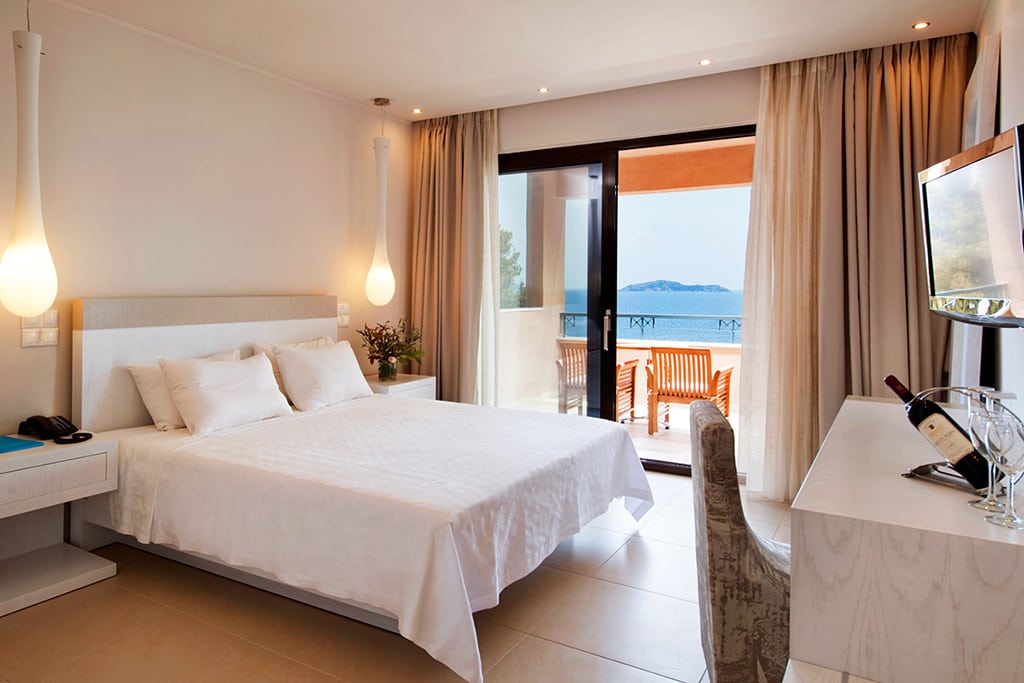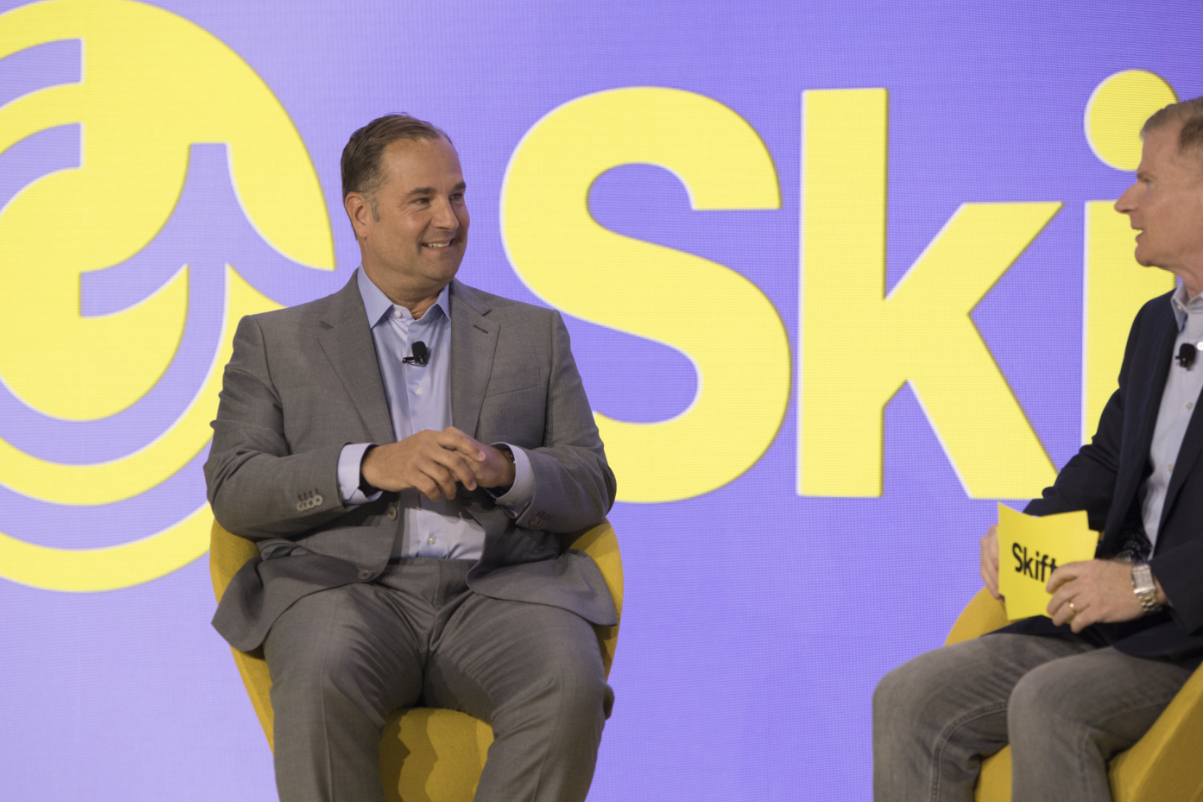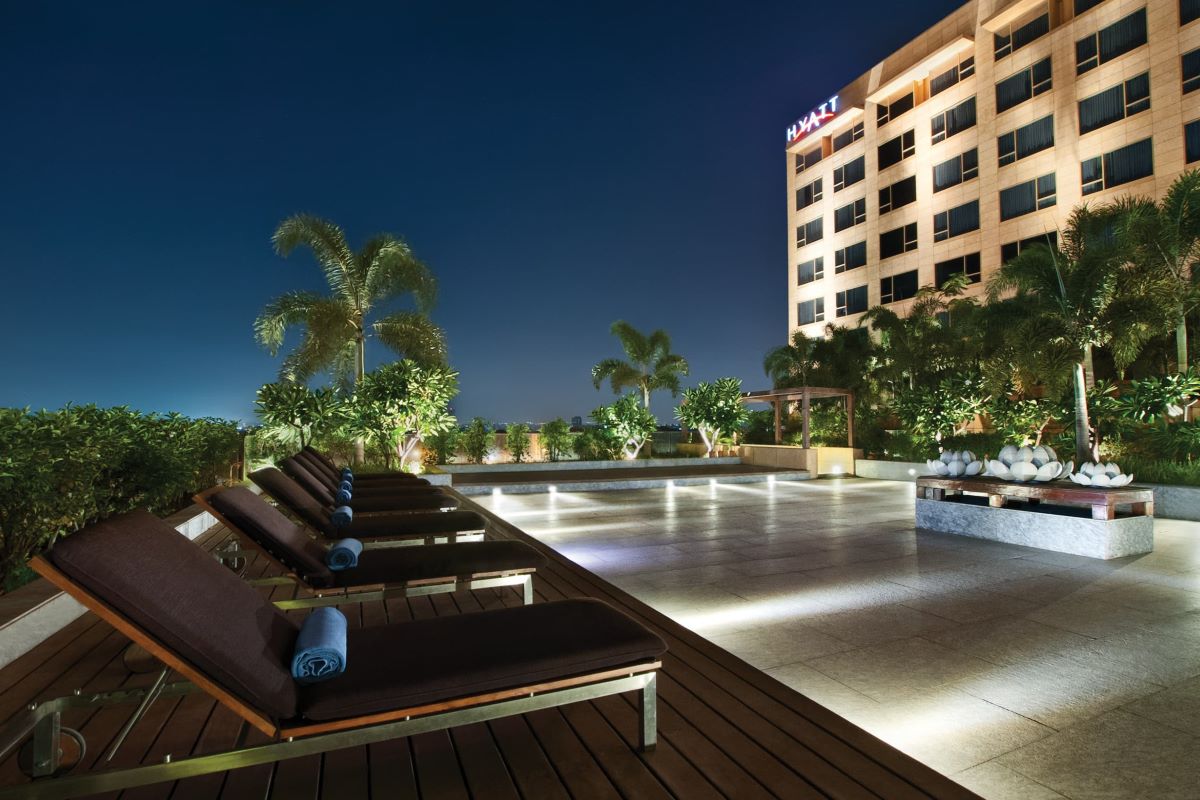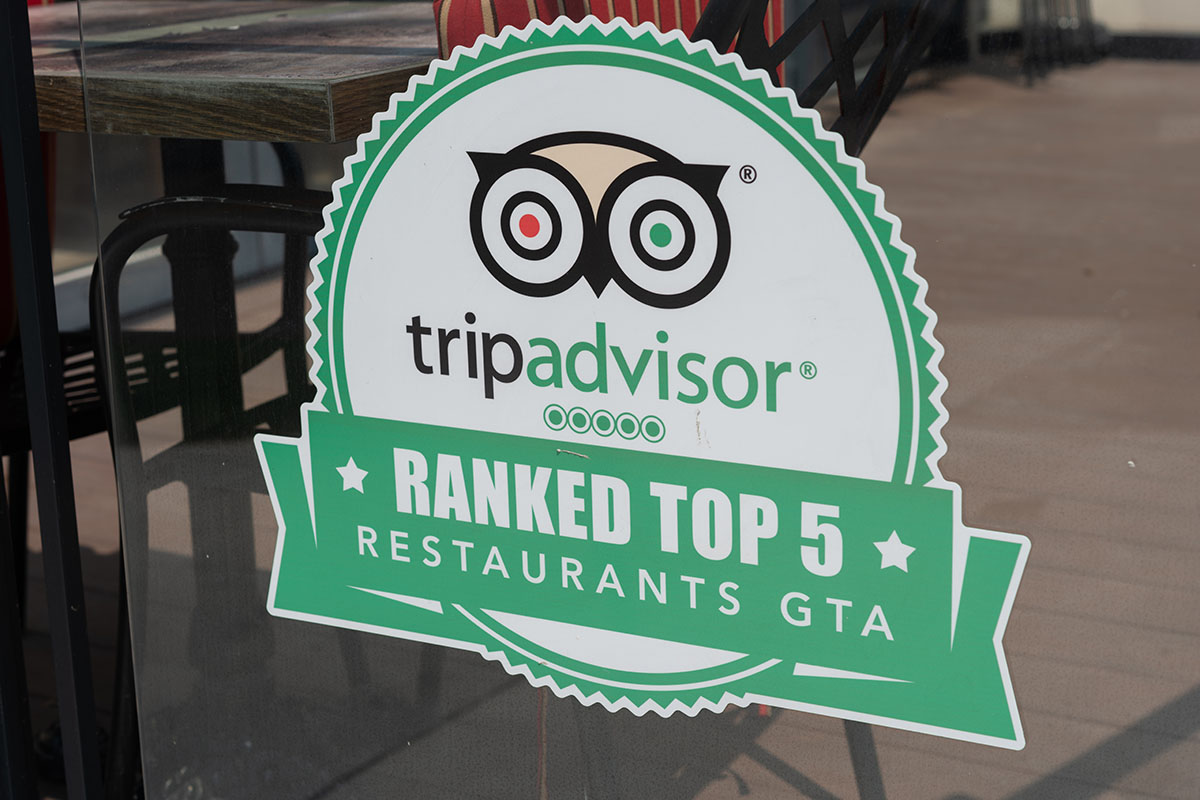A Boutique Hotelier Explains What's Wrong With the State of Online Booking

Skift Take
Industry consolidation. Online travel agencies playing games with discounting. And a proliferation of dodgy booking sites masquerading as official hotel websites.
From the perspective of officials at independent, boutique or small hotel groups, some of the recent trends in online distribution have been vexing, to say the least.
Skift has been engaged in a running dialogue in recent weeks with one such hotelier about travel industry developments. Referring to online travel agency distribution partners running roughshod over rate agreements, the hotelier, who declined to be identified, says, "We have no control over parity since it is like the Wild West out there with online travel agencies charging whatever they like with no regard for the rate we set for our own hotel."
While the concerns of this hotelier are specific, they reflect ongoing concerns we've heard out of other properties when it comes to managing relationships with online sellers. We explain, below.
Rate Games
In the scheme of things, hoteliers contract with online travel agencies to sell their rooms at set rates and at an established commission. In the first quarter of 2015, however, an Expedia official admitted that the company was reducing its margins at certain times when selling rooms and presumably lowering rates to build loyalty programs and share.
"Whenever you call Expedia to complain about the (discounting) practice, they claim to know nothing about it, and it must be one of their rogue affiliates," the hotelier told Skift. "They would never do something like that to us, and they will contact them and try to help you shut that discount code down."
"It is one thing to sell what we give them to sell at the agreed commission, but it is another to claim that you can't do business for less than a certain percentage margin due to your marketing costs, and then actually using that crazy percentage to pay for ads to poach travelers Googling us by name and reducing the margin to sell them rooms for less. It's like you selling your home for $1 million and an agent stands in front of the door of your open house and tells people walking in the door not to buy from you. Buy from him for 3 percent because he will split the 6 percent commission with the seller. Would that be okay with a homeowner? Of course not."
Exhorbitant Commissions
In expressing disappointment about the U.S. Justice Department's Antitrust Division clearing the way for the Orbitz-Expedia deal, the American Hotel & Lodging Association said independent hoteliers will now face the risk of double-digit increases in commissions.
The hotelier we spoke with likened rising online travel agency commissions to usury.
"The fear is, of course, that as Expedia has fewer and fewer competitors and is getting to be too big to say no to for some hotels, so what is to stop them from going to hotels and saying they will increase the margin by another 5 percent or 10 percent or more? Just as it is illegal to ask for 50 percent interest on a loan it should be illegal to ask for too much commission, and I think there should be regulation capping them at 15 percent, maybe 20 percent maximum but this needs to be regulated."
"When an OTA takes 32 percent they are really making more than the hotel, which is bearing the real cost of accommodating the guest," the hotelier said. "And don’t say they need money to advertise our rooms because a big part of their expense is really advertising to hijack the customer who is already looking to book us and searching for us by name."
Not Much Choice in Dealing With Expedia
Online travel agencies indeed are powerful marketing entities for the hotel industry and online travel agency commission levels have been trending downward in many cases. But if Expedia eventually decides to raise commissions, can't independent hotels just decide to give more business to Booking.com or anyone else charging lower commissions?
"I wish that were true but it isn’t because the selling price to the customer would be the same as Booking.com as per the contract demand for parity; they would just keep more money and pay us less for the same product, same service," the hotelier said.
"The only way to get more to Booking.com or direct is to not provide inventory to Expedia, but here's the rub," the hotelier said. "When people will search for your hotel on Expedia, when you don’t give them inventory they will tell them there is no availability, and here are all the other hotels you can choose from, even though they know perfectly well you have availability and they can access the rates from the global distribution system at 10 percent. That is how we used to work with them before. Implying we are sold out is a practice that is absolutely designed to be misleading to the consumer. Once again, that should be illegal."
Fraudulent Hotel-Booking Sites Masquerading as Brand Sites
During the midst of our dialogue, a traveler contacted the hotel's customer support team saying he thought he had booked a room directly on the hotel website but actually he had booked a room on an Expedia affiliate site with a URL resembling the hotel's website address.
"Using your brand name in the headlines of ads and in URLs is absolutely designed to mislead," the hotelier said. "I can't tell you how often people tell us they thought they booked using our website but actually they booked on an OTA."
It would sometimes take a particularly sophisticated traveler to decipher the difference and the American Hotel & Lodging Association has been pressing the U.S. Federal Trade Commission to suggest possible remedies to clamp down on trademark-infringing affiliate websites.
Metasearch Deception
The hotelier isn't just miffed at "partner" online travel agencies but metasearch sites (a few of which are owned by online travel agencies) also get criticism for "false advertising."
"The metasearch sites all claim to show 'all the rates' which is, again, designed to mislead since they really should say they show only rates for everyone who pays them to show the rates. Why is this false advertising legal? For my hotels the metas don't show the direct hotel rates because pay-per click is too expensive for us. We tried this PPC model with Trivago, TripAdvisor, and Google Hotel Finder etc., and it is a money-losing proposition for us either because the conversion rate was too low or the clicks were too high."
Is There Strength in Unity?
Hotels have been talking for years about reducing their reliance on online travel agency distribution and the big chains, to some extent, have had some success in doing so.
But joint hotel industry action would be difficult.
"I cannot even say to my fellow hoteliers out loud, for example, at an HSMAI event, 'Let's smarten up and stop agreeing to be treated this way by the OTAs' because that is illegal thanks to antitrust laws," the hotelier said.
"They [the online travel agencies] have deep pockets and a lot of lawyers and small hotels do not so if we can't use our associations to band together to defend ourselves, there is little we can do to defend ourselves that won't end up costing us more than the crazy commission."
Independent hoteliers are indeed exploring alternatives to the big online travel agencies, including finding ways to spur more direct bookings, but sometimes it seems like a steep, uphill battle.
Crazy commissions still rule the day.





